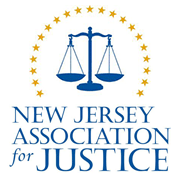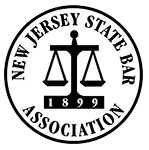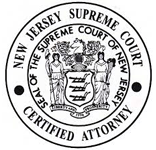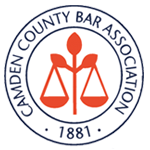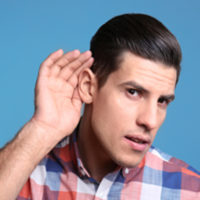 Occupational hearing loss is an unfortunate risk for workers exposed to loud noises in a variety of industries, including manufacturing, construction, and entertainment, to name a few. Occupational hearing loss can also occur suddenly after physical trauma, like a blow to the head or sudden burst of air in the ear. The Centers for Disease Control and Prevention reports that around 30 million workers are exposed to hazardous noise levels at workplaces across the country.
Occupational hearing loss is an unfortunate risk for workers exposed to loud noises in a variety of industries, including manufacturing, construction, and entertainment, to name a few. Occupational hearing loss can also occur suddenly after physical trauma, like a blow to the head or sudden burst of air in the ear. The Centers for Disease Control and Prevention reports that around 30 million workers are exposed to hazardous noise levels at workplaces across the country.
Whether hearing loss is temporary or permanent, it impacts an individual’s ability to interact with the world around them. Women and men who develop hearing loss as a direct result of their work are eligible for workers’ compensation benefits for their medical expenses and lost income during the time they are considered medically-disabled.
Understanding Hearing Loss
The ear is made up of three parts: the inner, middle, and outer ear. They work in conjunction to allow sound waves to pass through to the eardrum, which are amplified in the middle ear and translated into electrical signals in the inner ear. The brain translates these signals into sounds. Hearing loss diagnosis, treatment, and prognosis depends upon which part of the ear has been damaged and how severe the damage is.
Signs of hearing loss may include:
- The need to increase volume on the radio or television
- Asking others to speak louder or slowly
- Difficultly making out consonants and words
- Sensing speech as jumbled or muffled
- Withdraw from social settings
Certain forms of hearing loss, such as those caused by a buildup of earwax or an infection, are highly treatable. Others caused by a ruptured eardrum or damage to the hairs and nerves that send signals to the brain are more difficult to treat. Occupational hearing loss is a complex condition that often has a significant impact on a worker’s quality of life.
OSHA Standards and Preventing Occupational Hearing Loss
The Occupational Safety and Health Administration (OSHA) regulates loud noises in the workplace to prevent occupational hearing loss. Sound is measured in decibels (dB). OSHA permits exposure to 90 decibels per eight-hour work shift. To give some perspective on how loud that is, the sounds of a garbage disposal is around 80 dB, and a power lawn mower averages around 96 dB. Safe workplace sound levels should fall somewhere in between. When noise levels exceed OSHA guidelines, employers are required to take proper precautions to protect their employees. Well-fitted, industrial-strength earplugs and earmuffs are the best tools to do so.
Hearing Loss Workers’ Compensation Claims
Unlike job-related injuries that occur immediately after an accident, hearing loss often develops gradually as the result of prolonged exposure to loud noises, especially in factory and laboring jobs. Workers who suffer occupational hearing loss are eligible for workers’ compensation benefits for the medical care associated with their condition and the income they lose while temporary or permanently disabled.
Cherry Hill Workers’ Compensation Lawyers at Pietras Saracino Smith & Meeks LLP Help Employees with Occupational Hearing Loss
Because hearing loss claims are complex to prove, they benefit from the legal guidance of an experienced Cherry Hill workers’ compensation lawyer at Pietras Saracino Smith & Meeks LLP, where every client receives the personal attention and care their case deserves. We handle new workers’ compensation claims, disputes over benefits, and appeals for denied claims. For a free consultation, call us at 856-761-3773 or contact us online. Located in Cherry Hill, New Jersey, we represent clients throughout South Jersey, including the City of Camden.








